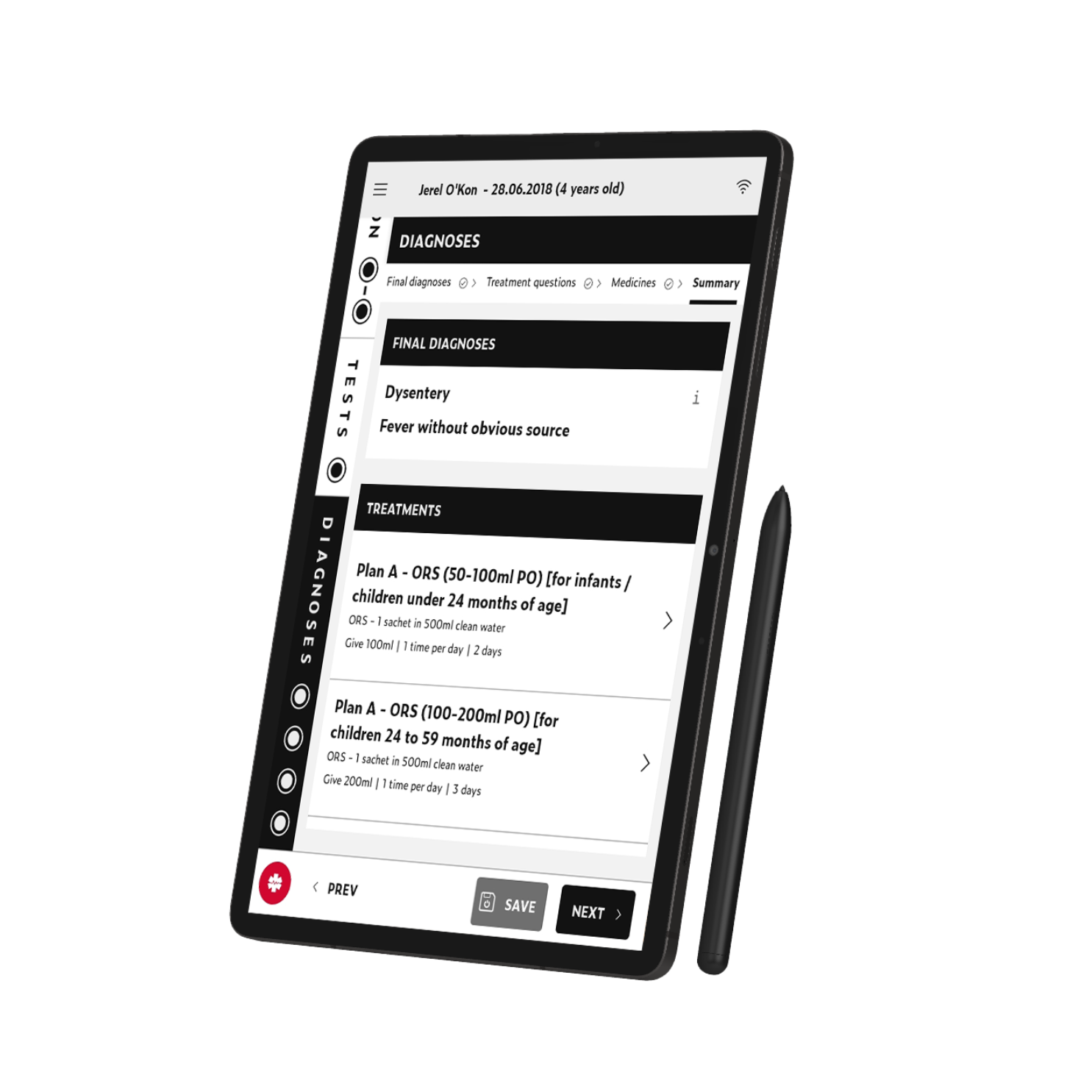
DIGITAL HEALTH: This new software is transforming healthcare in low-resource settings

In many parts of the world, especially in low-resource settings, healthcare quality often falls short. A major reason is that clinicians sometimes make inaccurate diagnoses or provide treatments that are unnecessary or unsafe.
To address this, new computer programs called Clinical Decision Support Systems (or CDSS) have been developed. These digital tools simplify complex clinical guidelines into easy-to-follow workflows, offering clinicians clear, step-by-step advice during patient consultations. This helps improve diagnosis accuracy and treatment decisions.
An innovative solution: medAL-suite
Traditionally, converting paper-based clinical guidelines into digital tools has been slow, expensive, and complicated—often requiring skilled programmers and technical experts. To change this, researchers from Switzerland, Tanzania, and Rwanda have developed an open-source software called the Medical Algorithm Suite (medAL-suite).
The innovative system lets experienced clinicians create digital care pathways using a simple drag-and-drop interface—with no coding skills required. Once designed, these digital algorithms guide them during patient visits improving decision-making and care quality.
In a recent publication on BMC Medical Informatics and Decision Making, the researcher team underlined that medAL-suite was developed to help clinicians deliver better services at the point-of-care. Its key features include democratized development, process-centric design, point-of-care utility, touch-screen interface, low cost, and low power consumption.
Proven impact across multiple countries
medAL-suite has already been tested and used in countries such as Tanzania, Rwanda, Kenya, Senegal, and India. Early results are promising, showing fewer unnecessary antibiotic prescriptions and better overall care quality. So far, 300,000 pediatric outpatient consultations have been completed in Rwanda and Tanzania using the digital algorithm.
“The medAL-suite is a useful clinician-centric technology aimed at increasing the speed and transparency with which digital clinical decision support systems are implemented,” noted the researchers.
“As the tool evolves, the emphasis will remain on adaptations that not only meet the current demands of healthcare providers but also anticipate future challenges and opportunities in global health.”
Designed for low-resource settings
The software is affordable, easy to use on touchscreen devices, and effective even where electricity and internet access may be limited. Future plans aim to connect medAL-suite with other digital health records, making it easier for clinics to provide high-quality care efficiently.
“The medAL-suite can play a significant role in transforming healthcare delivery in low-resource settings, in line with the vision of an ecosystem of digital tools that respond to changing treatment guidelines,” the team noted.
The team behind the innovation
Funded by the University of Basel, the medAL-suite’s conceptualization, development, testing, and implementation were led by a collaborative team of researchers from the University of Lausanne, Swiss Tropical and Public Health Institute (Swiss TPH), University of Basel, Ifakara Health Institute, Wavemind, and the National Institute for Medical Research–Mbeya. From Ifakara Health Institute, the team includes Ibrahim Evans Mtebene, Sabine Renggli, and Alix Miauton.
Read the publication here.
